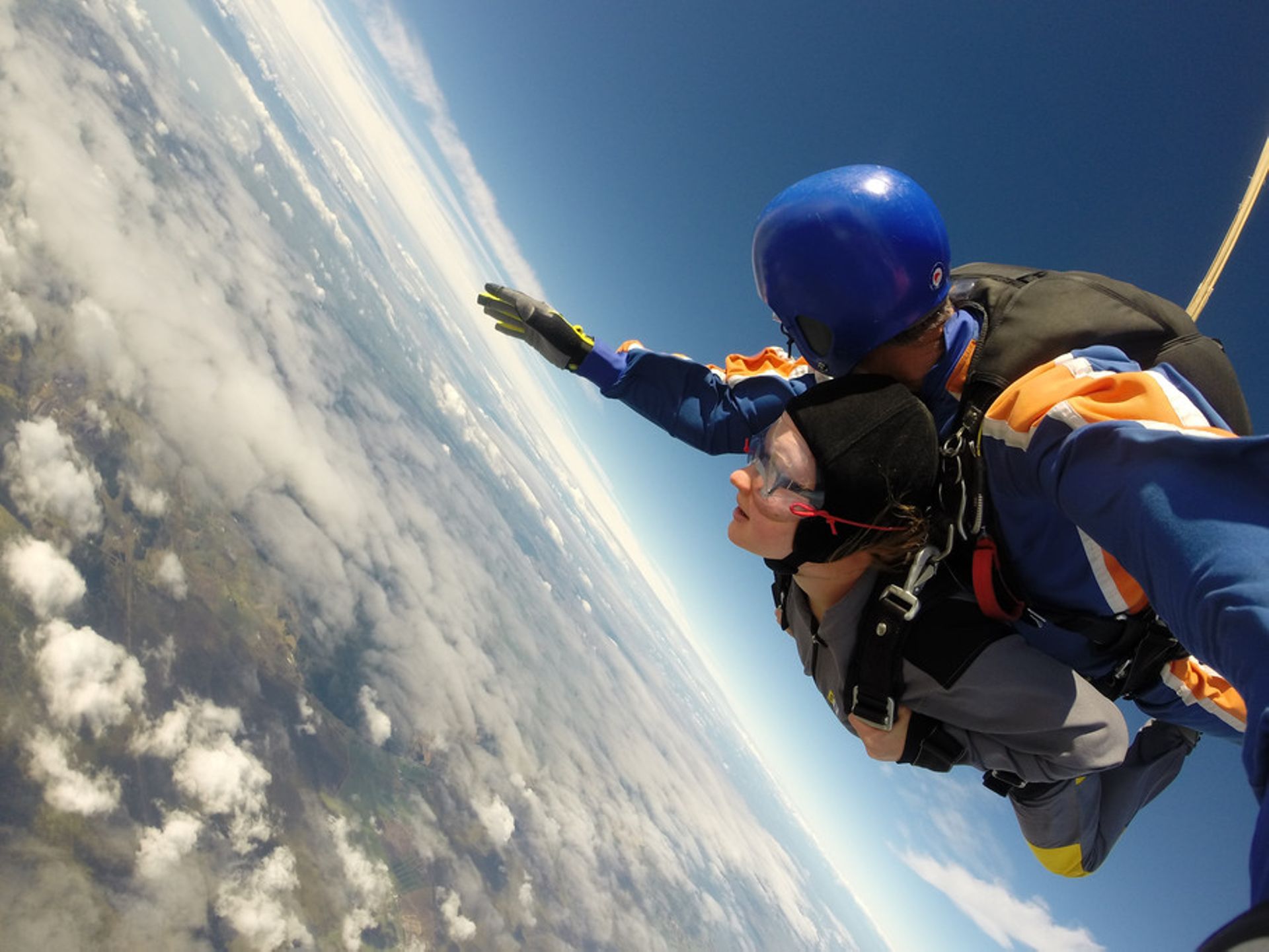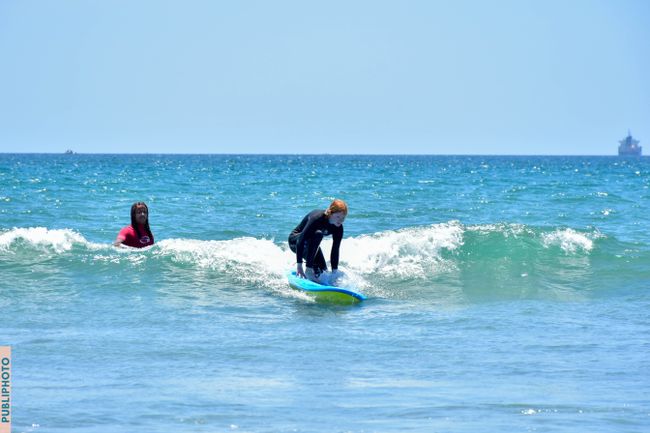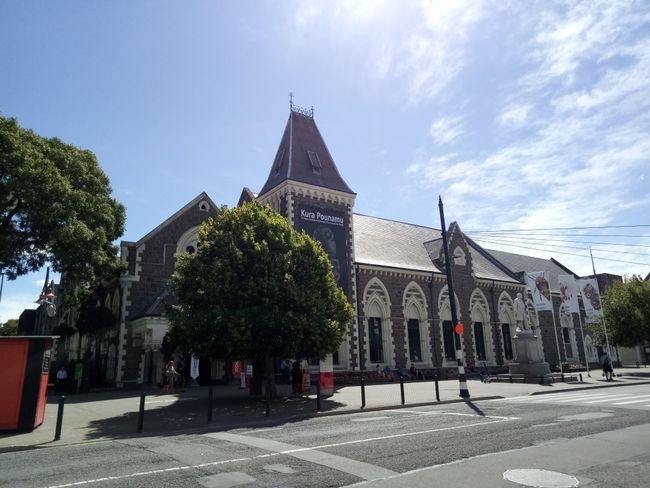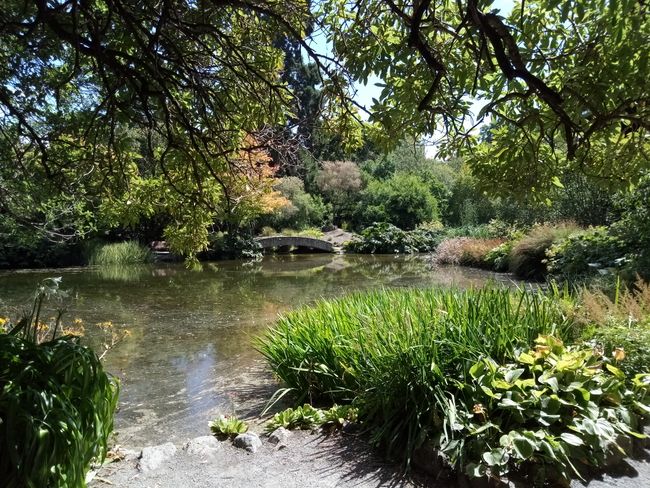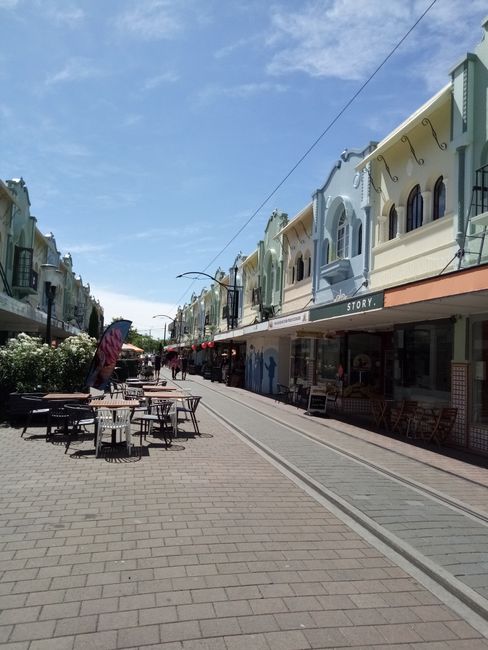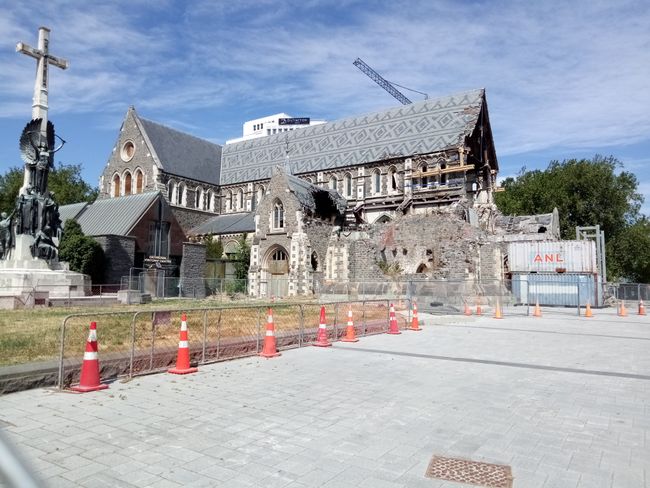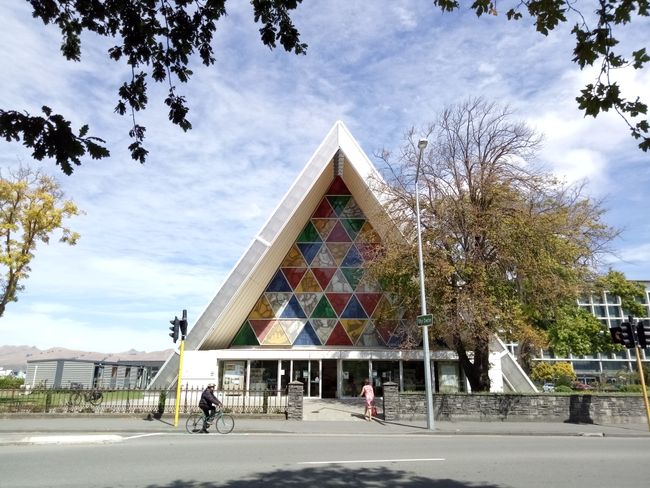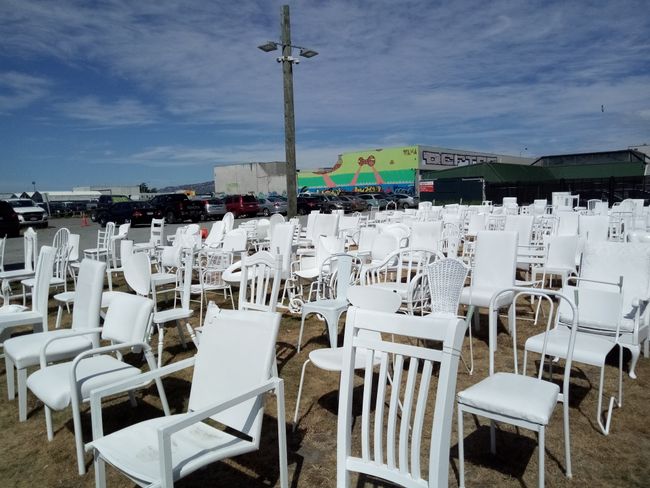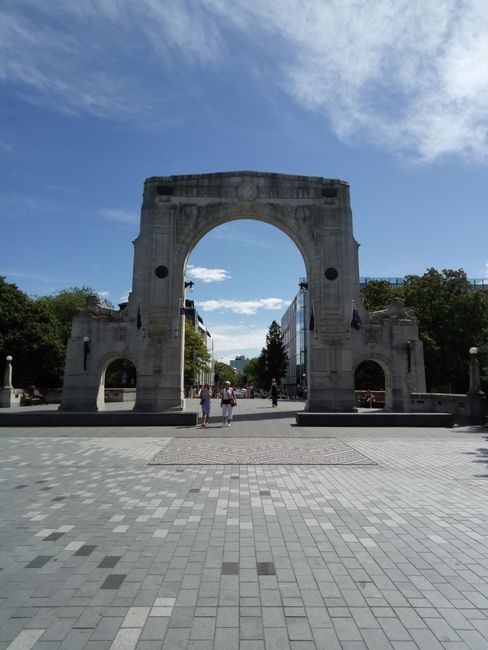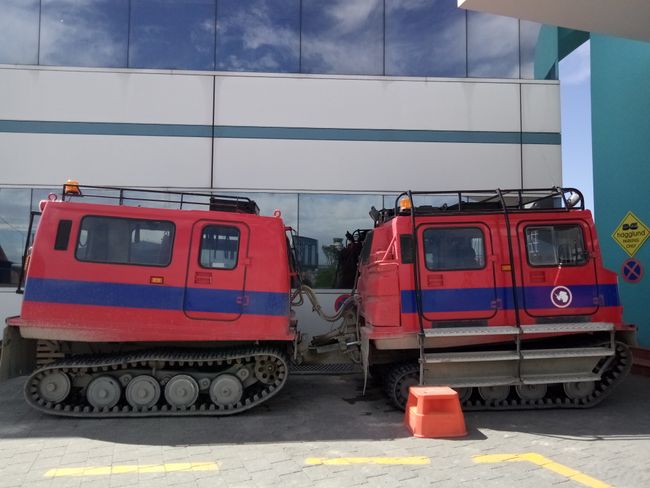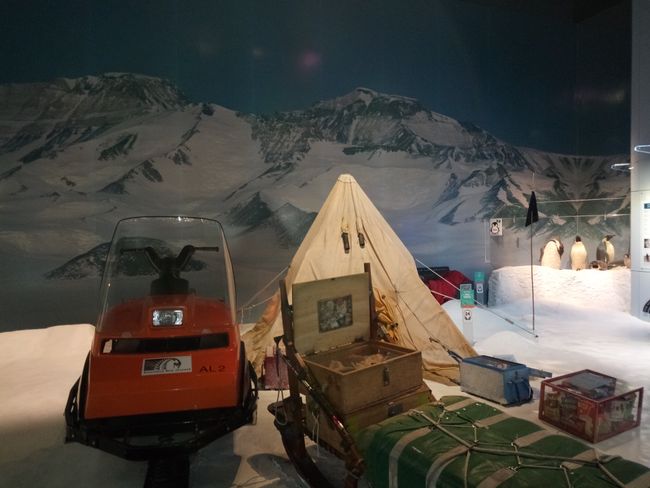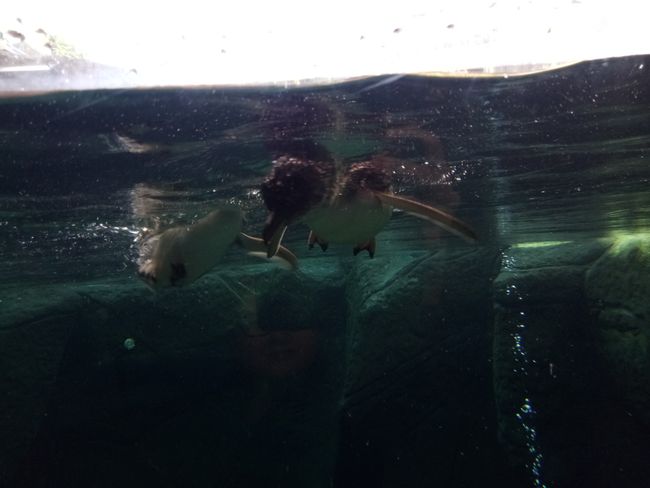Christchurch Compact
પ્રકાશિત: 21.02.2019
ન્યૂઝલેટર પર સબ્સ્ક્રાઇબ કરો
For many, Christchurch is just the airport they arrive at and depart from. The city itself is often skipped and instead they rush to the wild south.
I cannot completely agree with that, but I can understand it to some extent.
Christchurch became famous primarily because of the 2011 earthquake - and unfortunately also destroyed. 185 people died in the disaster, a memorial still commemorates the victims, and many buildings in the city are still destroyed to this day, including the Central Cathedral. The city is being rebuilt, bit by bit, and many smart people have wonderful ideas for a new design. But still, you can see scaffolding and construction sites on every corner and street, which may not be very good for the overall image of the city.
Christchurch is huge: with almost 400,000 inhabitants, it is the largest city on the South Island. If tourists don't arrive in Auckland, they get off the plane here. That's why there are so many tourists here, but because the streets are much wider, it's not as obvious as in Queenstown.
But the city center is quickly covered. If you follow the tram tracks, you will have seen all the important things in about an hour. Of course, you can also hop on the tram, but that costs another $100 - it's up to you.
As always, I started my tour at the tourist information center. Out of habit, I still go to every center, even though I don't need any information anymore.
I completely skipped the art galleries, I now know that it's just not my thing.
Then I continued past construction sites and over the river, the Avon.
In general, there are a lot of English names here and the locals like to say that it's the most English city outside of England.
A popular photo motif is New Regent Street with its old houses and many small cafes. If you're lucky, you can also get the tram in the photo, just be careful not to get in front of the tram's wheels, because the road is quite narrow.
The Cathedral Junction is the continuation, this time only covered. And then you're already in Cathedral Square.
The church itself is surrounded by a construction fence, but there are many stalls for international street food, souvenirs, and stuff you don't really need but still buy (I didn't buy anything, don't worry). Every Friday, a larger street food market is held here - so tomorrow. If I'm in a good mood, I'll spend a little money there.
I walked along the street back to the Avon and then turned into the next street into the City Mall. This is nothing more than a huge pedestrian zone, but everything sounds much more exciting in English.
A little off-center, you can find the Cardboard Cathedral and the 185 Empty Chairs for the earthquake victims.
If you then go back to the center, you have already tackled the major part of the city.
A botanical garden is a must in any New Zealand city. The one in Christchurch was deliberately designed in the English style, so that the colonizers felt at home. But the garden was really beautiful and with a basket of delicious food and pleasant company, you can easily spend a few hours there.
And if you're already in the Botanic Garden, you can also visit the Canterbury Museum. As often, admission is free and the museum is still top-class.
On two levels, you will find a colorful mix of different exhibitions, many interactive parts, and here too you can plan a lot of time.
If you take a look outside the center, you will find many more great attractions: the Air Force Museum is supposed to be really good, there is a large adventure park, and of course you can also drive to Banks Peninsula and go hiking (but you definitely need a car for that!).
On a recommendation, I bought a ticket for the International Antarctic Centre at the airport.
This center is actually the gateway to Antarctica, as almost all flights to the South Pole depart from Christchurch.
In collaboration with the nations, this museum was built so that even normal people can benefit from it.
I have to admit that this museum was cool. Expensive, but worth it.
For example, the ticket includes a 10-minute ride on a Hagglund. These are the snow chain tracks that the military uses in the most unreal terrain - and in Antarctica.
You can also cuddle with huskies and there is a small station for the blue penguins.
The museum itself provides a lot of information about the Antarctic expeditions, past and present, how life plays out down there, and about the fauna (and sparse flora), climate, and geology at the South Pole. Overall, it's very well done.
One small highlight is a room where an Antarctic storm is simulated. Normally, the room is cooled down to -8°C, but when the wind machine is turned on, it feels like -19°C. It was a bit thoughtless to go in there with shorts, but the experience was worth it.
And because no good museum is complete without any films, you can also watch a short clip in a 4D cinema.
So if you still have some time before your departure, you can definitely go to this center.
Considering that I only planned one full day for Christchurch, I saw a lot today, did a lot. I was still interested in Banks Peninsula, but there is not enough time for that yet.
Instead, I already bought a shuttle to Arthur's Pass for tomorrow. My last trip to the mountains...
Huh, I'm starting to get sentimental as I think about the end of my journey...
ન્યૂઝલેટર પર સબ્સ્ક્રાઇબ કરો
જવાબ આપો

મુસાફરી અહેવાલો ન્યૂઝીલેન્ડ
